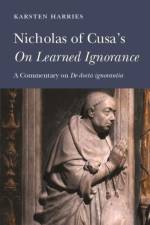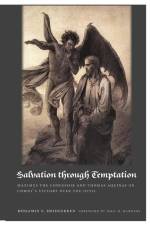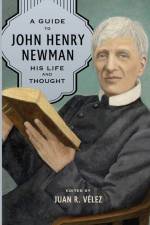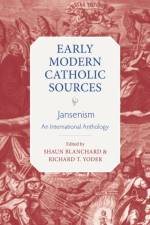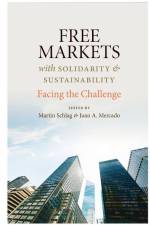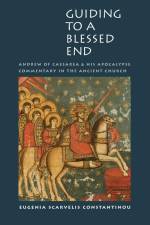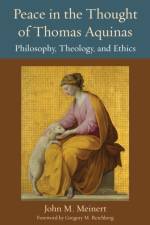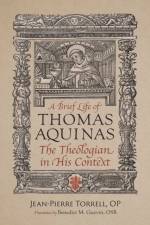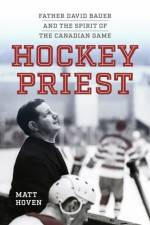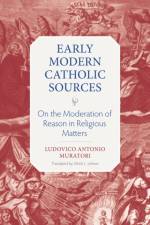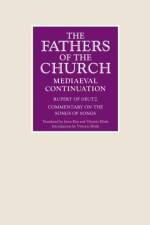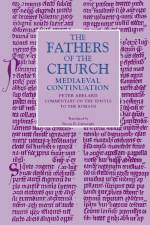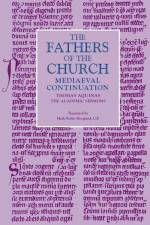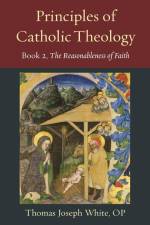- Reflections in Honor of a Saint
237
This anthology contains a collection of intellectual explorations honoring the enduring legacy of Mother Teresa. The symposium, held on 10 September 2022 at the Catholic University of America (CUA), brought together leading scholars to speak of Mother Teresa's legacy to produce the following papers, each shedding light on a life characterized by compassion, selflessness, and devoted service to the poorest of the poor, the forgotten, and the outcast of society. The keynote address by George Weigel, "Mother Teresa and John Paul II: Lessons for Our Troubled Times," uncovers the lessons from the partnership of two great saints and their efforts to make way for Love in a dark world. "Mother Teresa: Holiness, Process of Canonization, and Miracle;" by the postulator of her cause, Fr. Brian Kolodiejchuk, MC, explores the nature of holiness, several characteristics of Mother Teresa's holiness and the process that led to her canonization in 2016. In "Praxiological Approach to the Poor: Mother Teresa's authentic retrieval of Christian praxis through faith, hope, and charity," presented by Fr Darren Dentino, MC, we delve into Mother Teresa's profound relationship with the underprivileged, showcasing a service approach that transcends simple social work and touches and heals the physical and inner wounds of many. Janice Breidenbach, a professor at Ave Maria University, sheds light on her own experience as a mother and explains Mother Teresa's deep understanding of motherhood in her paper "Mother Teresa's Philosophy of Motherhood." "Mother Teresa: A Carmelite Perspective" by CUA professor, Fr Stephen Payne, OCD, explores the connections between Mother Teresa and the Carmelite tradition, highlighting the influence of Carmelite spirituality on her life and journey. Jim Towey's paper delves into Mother Teresa's motherhood and her humanity, emphasizing how her ordinary yet profound acts of love and compassion were reflective of her saintly character. In the annual conference held the following year, Catholic University of America professor Bradley Gregory, examines the phrase "you did it to me" from the judgment scene in the gospel of Matthew (25:40) which Mother Teresa would refer to as "the gospel on five fingers." Drawing on the rich theological resources of Scripture and the Church's tradition, Professor Bradley expounds on how this passage relates to the gospel of grace, which calls us into God's work of redeeming and healing the world. Each paper testifies to Mother Teresa's enduring legacy as a reflection of God's love in the world, providing readers an opportunity to contemplate her steadfast dedication and honor the legacy of one of the 20th century's most profound figures.


